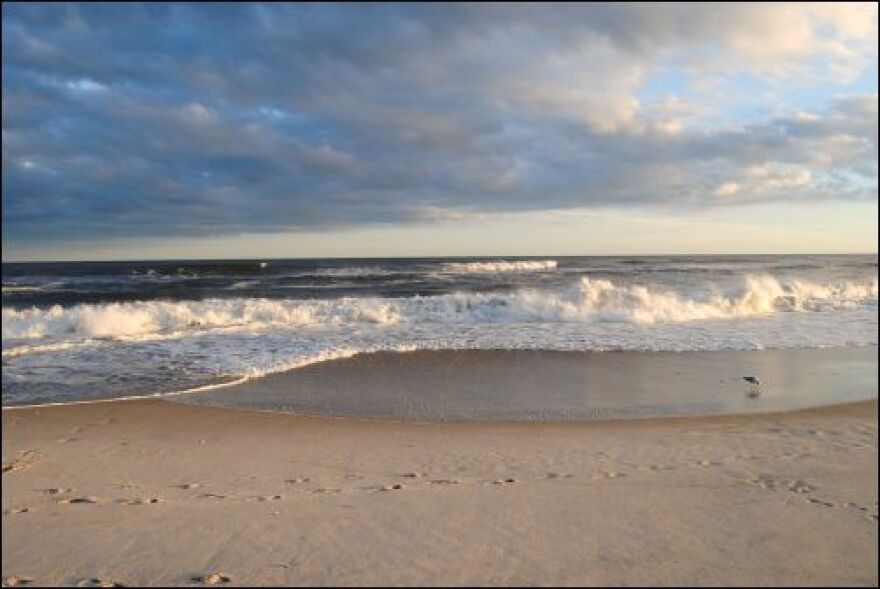Esker Point Beach in Groton, Connecticut, has received federal funding to help conserve its coastline and reduce pollution into Long Island Sound.
Adam Whelchel, the director of science at The Nature Conservancy, helped study vulnerable areas to flooding and pollution because of more frequent and increased rainfall levels.

“We’re kind of in a water sandwich, if you will, in this particular location here and if we’re not taking steps to prepare for it and become more resilient then we’re going to end up paying twice for things and it’s not the cost it’s not just in dollars but its in emotions, it’s loss of property,” Whelchel said. “There’s a whole lot that goes along with it. So, we’re really in the business of reducing risk for people and nature.”
The $725,000 grant will be used in two phases over the next few years.
Money will help introduce erosion control measures and to replace over 28,000 square feet of non-permeable pavement with a new surface that will allow water to pass through and filter contaminants before they enter the Sound.
U.S. Senator Richard Blumenthal (D-CT) said areas like Esker Point Beach are important green infrastructure projects.
“Reducing flooding, restoring habitat, raising trails, providing more planting, and protecting a vulnerable area,” he said. “This area is susceptible to flooding to storms and so resilience, strengthening its resistance to potential destruction is tremendously important.”
The area will also get new pedestrian trails and extensive erosion control measures to protect the manmade coastline and beach area from rising sea levels and storm surges due to climate change.
Copyright 2022 WSHU. To see more, visit WSHU. 9(MDExNDI3NjUzMDEzNjkzMTgzNTExNDFlYQ004))

